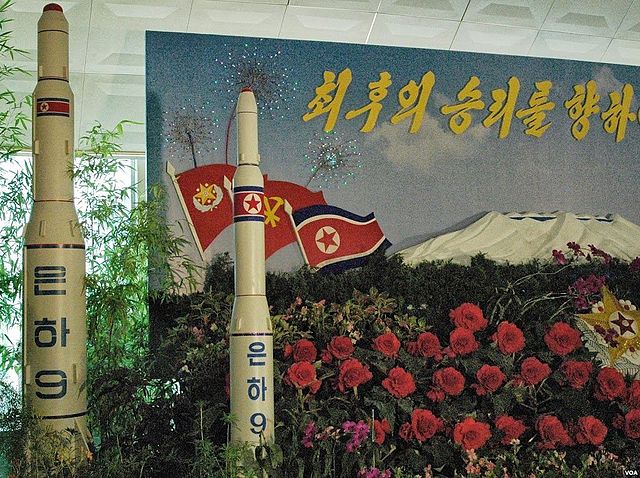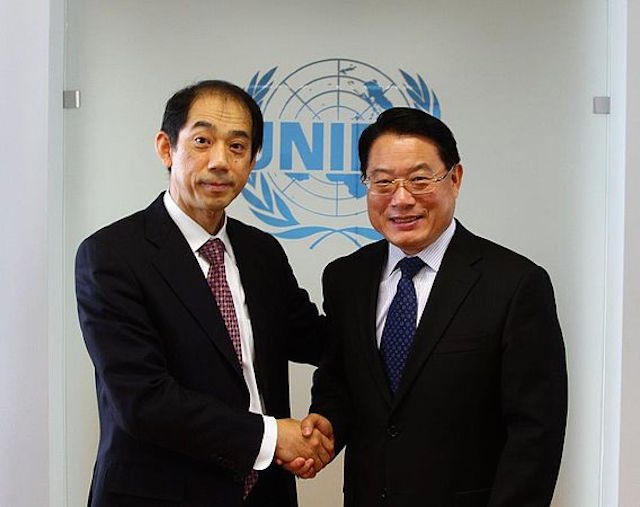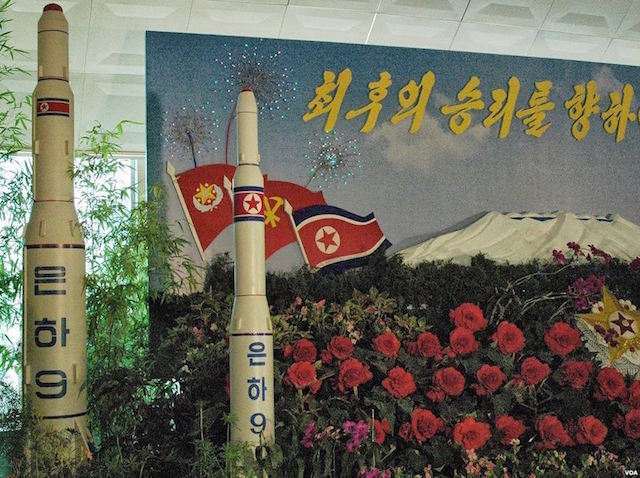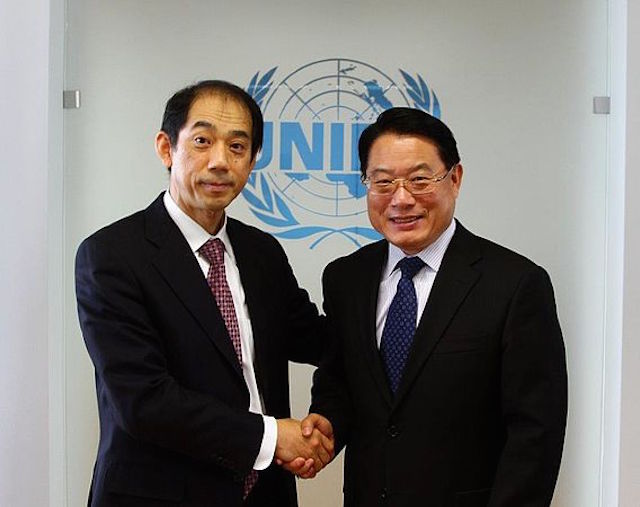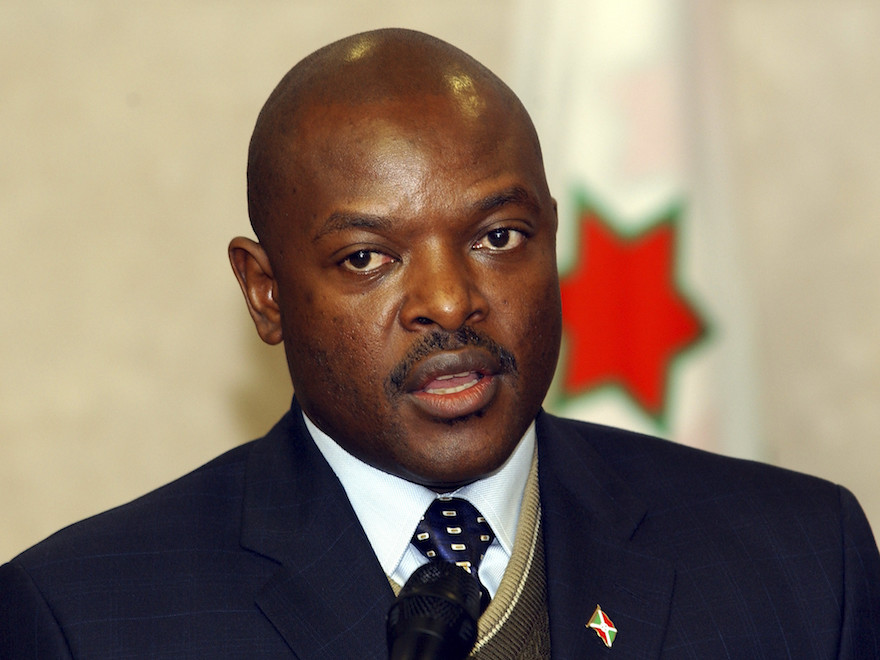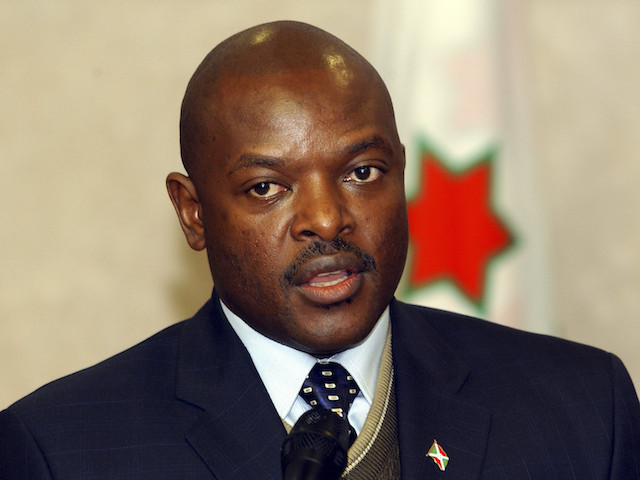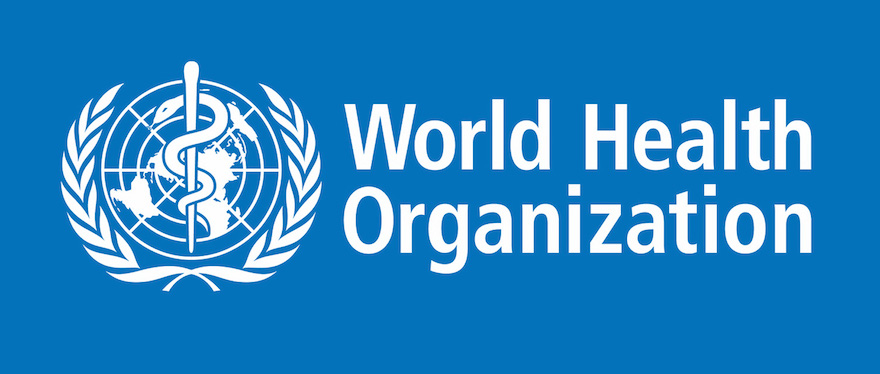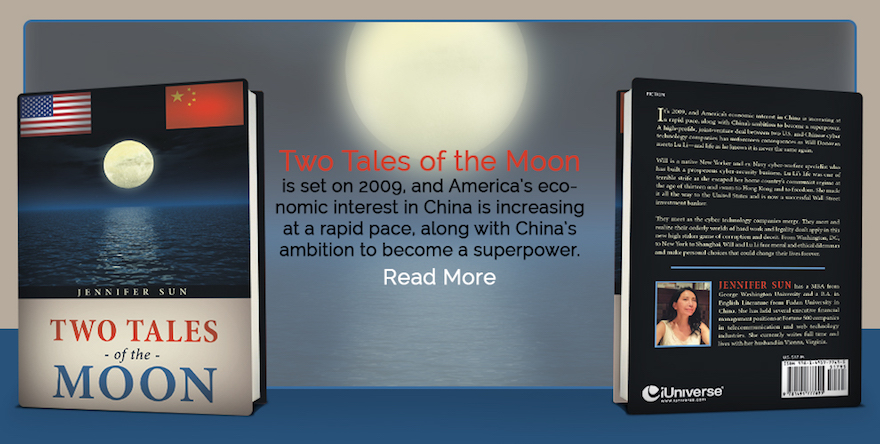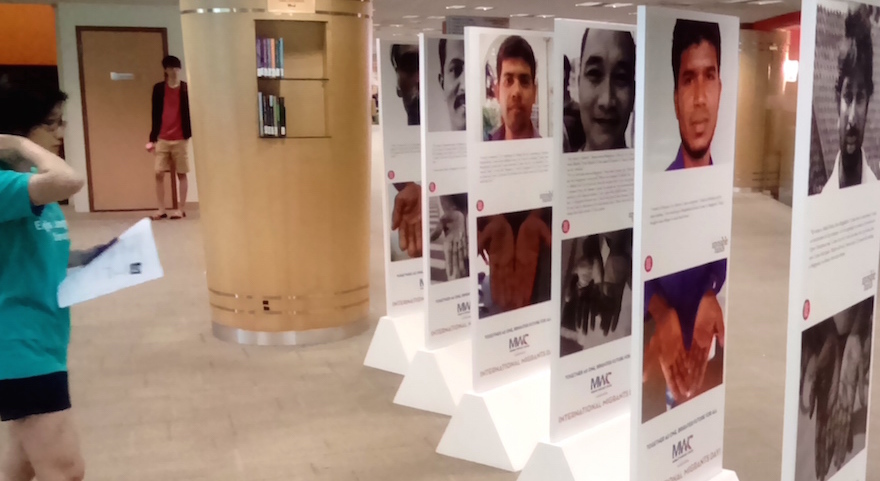UNITED NATIONS (IDN) – When the 15-member UN Security Council (UNSC) met at an emergency session on February 7, a non-working Sunday afternoon, to discuss the most recent defiance by the Democratic People’s Republic of Korea (DPRK), the outcome was predictable.
After “urgent consultations”, the UNSC “strongly condemned” DPRK for launching a rocket which could lead to the future development of intercontinental ballistic missile technologies.
But the Council stopped short of penalizing a country that continues to defy the world body despite several previous resolutions – and a rash of U.S. economic sanctions.

